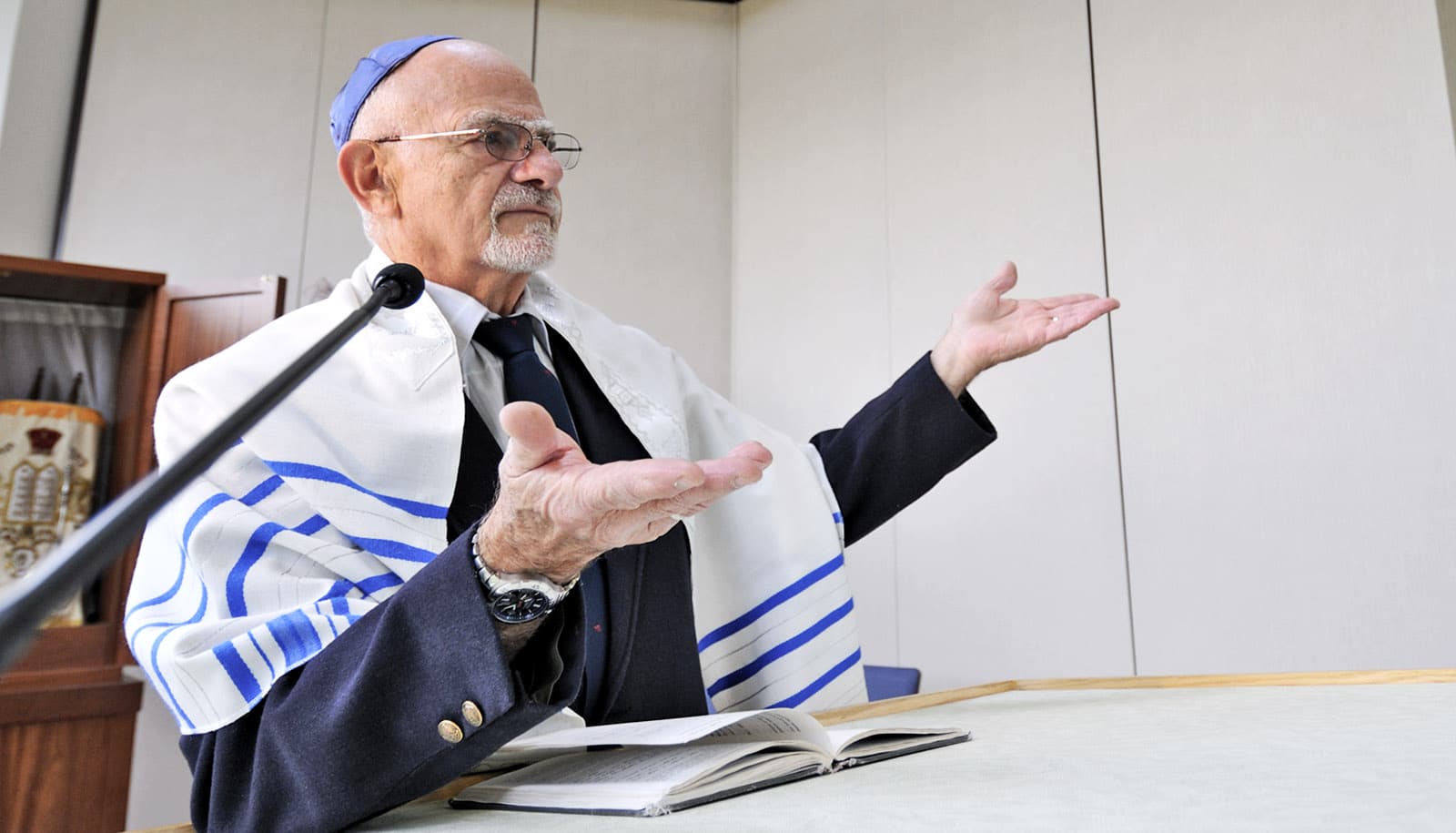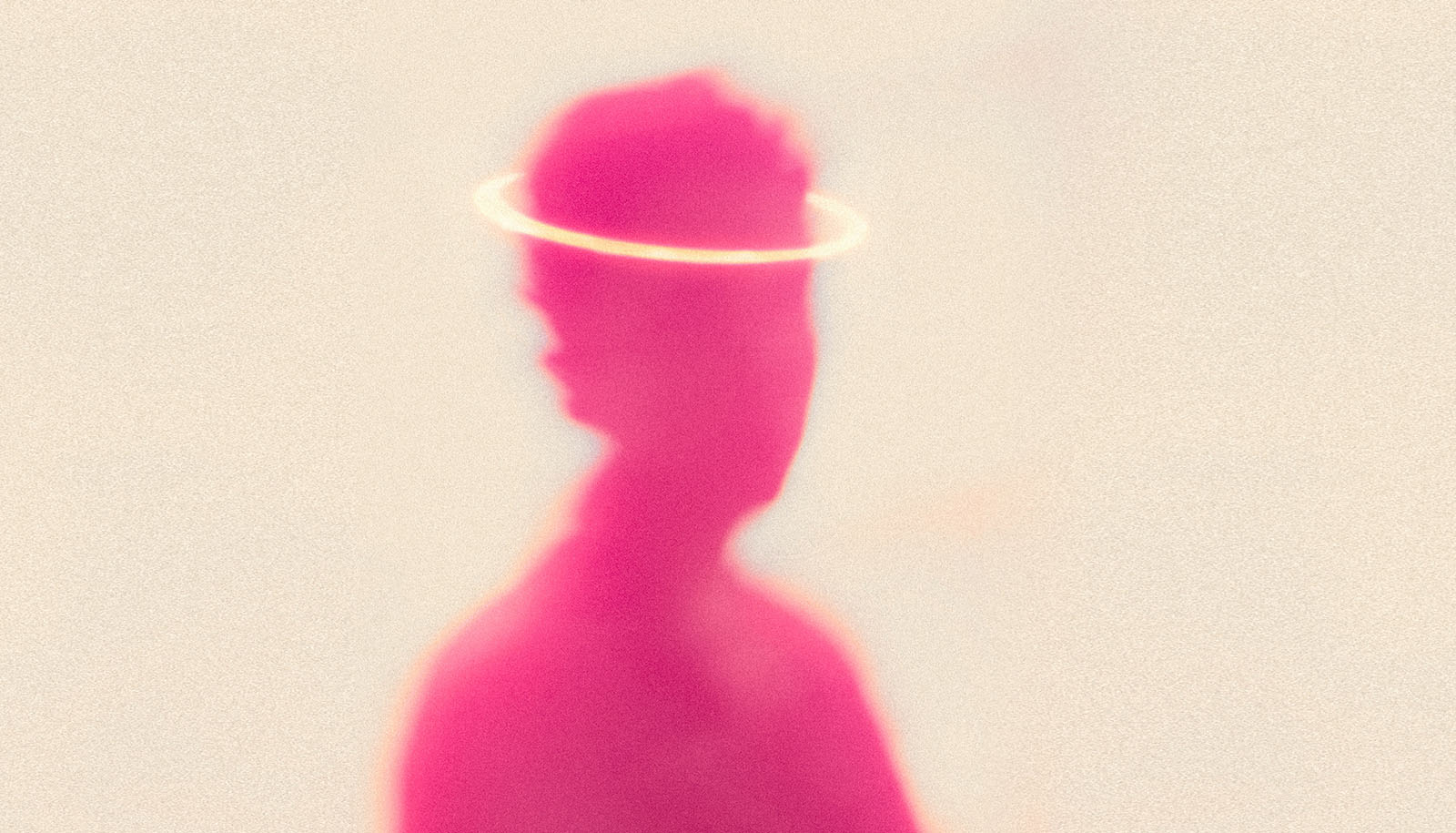About 90% of clergy members in a recent survey had a medical understanding of depression.
About 10% said they’d counsel their congregation to address depression only through religious means.
“We consider this good news,” Mark Chaves, professor of sociology, religious studies, and divinity at Duke University, and coauthor of a paper on the survey.
“We’ve known for a while that a lot of people bring their mental health challenges to clergy,” Chaves says. “There’s been concern about what clergy have been telling them. Have they been telling them just to pray, or to see a doctor? This should allay concerns.”
The study appears in JAMA Psychiatry. Coauthor Anna Holleman, a postdoctoral research associate, says survey results largely held true across denominations.
“We couldn’t find any subset of clergy in which anything but a small minority rejected medical wisdom,” Holleman says.
Study data came from Duke’s National Survey of Religious Leaders, a nationally representative survey of clergy serving US congregations from across the religious spectrum. The survey, funded by the John Templeton Foundation, took place in 2019 and 2020—largely prior to the COVID-19 pandemic and its associated uptick in mental health challenges. The survey drew responses from 1,600 congregational leaders, 890 of whom were their congregation’s primary leader. The survey cooperation rate for primary leaders was 70%. These results use responses from those 890 primary leaders.
The new study is the first to survey a nationally representative sample of clergy specifically on the issue of depression, the authors say. The results include clergy opinions about both the causes of depression and appropriate treatments for it, Holleman says. Few clergy disputed conventional medical wisdom about either the cause or treatment of depression. At the same time, more endorsed mixing both medical and religious responses to it—combining a doctor’s treatment with prayer and church attendance—than believe in both medical and religious causes of depression.
That mixing of medical and religious responses to depression is not limited to clergy, Holleman notes.
“Even some secular mental health professionals recognize that people’s spiritual or religious activities can be assets that people already have and can draw on in beneficial ways,” she says. “We see a lot of potential here for constructive collaboration between mental health professionals and clergy.”
The small number of clergy who rejected medical advice in favor of religious options in the treatment of depression were largely leaders of Black protestant and white evangelical congregations. Even among those groups, though, only a small minority—about 15%—endorsed substituting religious for medical responses.
A divide between religious and mental health professionals has existed for at least a century, though their views about mental illness have converged somewhat in the last couple of decades as more information about biological causes of depression and the effectiveness of medication has become widely available, says Harold G. Koenig, professor of psychiatry and behavioral sciences who studies the effects of religion and spirituality on health.
Koenig, who is not connected to the clergy study, says its results are heartening.
“The majority of mental health professionals are not religious, and that’s a problem because the majority of their patients are,” Koenig says. “So it’s encouraging to see the vast majority of clergy see depression as something that is more likely to have biological or situational rather than religious causes.”
“Life is hard. Things happen,” Koenig says. “You get disappointed. You get divorced. So religion can be extremely helpful in dealing with these issues. But some folks need more than religion—they need medication,” he says. “You need treatment. You can’t pray it all away.”
Source: Duke University


